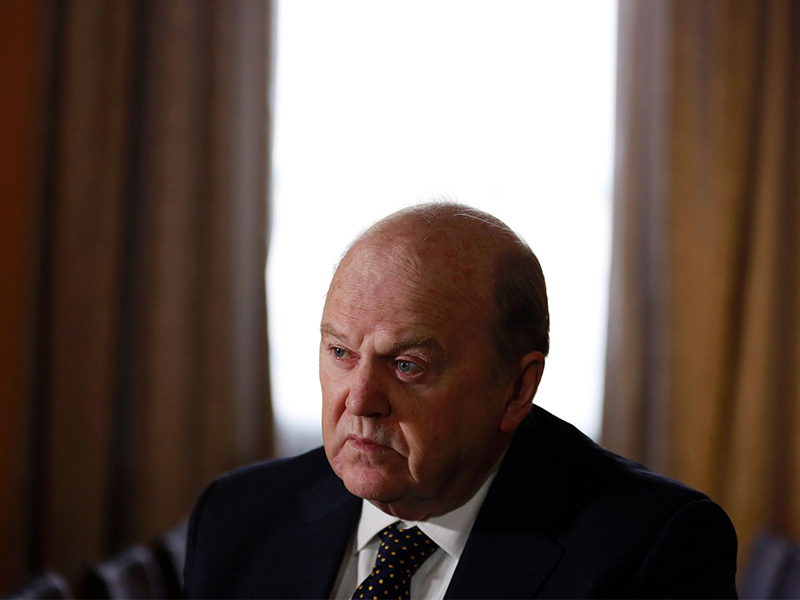Any doubt as to the extent of the changes to the rhythm of Leinster House precipitated by the “new politics” was struck down by this afternoon’s budget. In an unnerving display of unity and consensus, speeches from the Ministers for Finance and Public Expenditure endorsing the government’s spending plan for 2017 was followed by equally praiseworthy speeches from the opposition front bench.
Among the multiple and broad points of consensus between the two largest political parties was an increase in funding for higher education. Current expenditure for higher education was increased by €36.5 million for 2017, with Paschal Donohoe, the Minister for Public Expenditure and Reform, announcing this as the “first significant investment of resources in higher education since our economic collapse” and adding that he was “committed” to further increases in subsequent years.
The scale of the increase certainly seems to undermine Donohoe’s assertion that the government views education as the “bedrock of society”
This is undoubtedly a positive development. The extra funding is obviously needed, and universities can only benefit from this increase. However, the increase seems somewhat out of place amongst the hyperbolic rhetoric of the two main parties. This “first significant investment” ultimately represents an increase of 2.4 per cent in a sector that has been regarded by state bodies as requiring almost double its current level of funding. Essential support for a grossly underfunded set of institutions is, of course, to be welcomed, but the scale of the increase certainly seems to undermine Donohoe’s assertion that the government views education as the “bedrock of society”.
If €36.5 million amounts to such an endorsement of the higher education and its importance, one can only imagine the enthusiasm of the consensus political parties towards the €65 million that they are willing to spend on the reduction of capital gains tax on amounts less than €10 million. Though they are the subject of less-emotive rhetoric from politicians, the figures would suggest that it is investors and start-ups who enjoy the favour of the current consensus in the Dáil.
The measure provides a short-term benefit to those in a position to take out a mortgage, with detrimental long-term effects on students and others who rely on rented accommodation
Beyond that, the overwhelming number of students afflicted by the housing crisis will find little solace in today’s budget. Rebates of up to €20,000 for first-time buyers on the purchase of homes will undoubtedly raise already heightened demand for scarce housing and in the process raise house prices and rents further. Mortgage interest relief is also to be extended to 2020, which will likely exacerbate the problem further. The measure provides a short-term benefit to those in a position to take out a mortgage, with detrimental long-term effects on students and others who rely on rented accommodation.
Ultimately, the budget reveals the government’s short-term focus, trying to provide immediate relief for first-time buyers irrespective of the inevitable consequences of this and an underwhelming increase in funding to placate a beleaguered third-level sector. Though cast as an endorsement of the value of higher education to our society, the massive disparity between the amount requested by the sector and the extra funding allocated, combined with rushed plans to ease the housing crisis, shows a lack of understanding of the extent of the higher education funding crisis.







